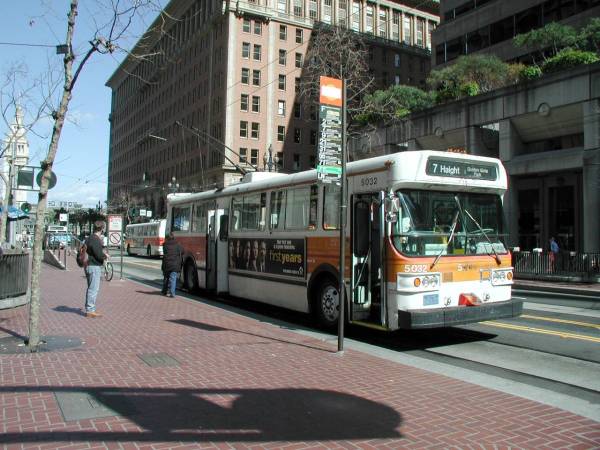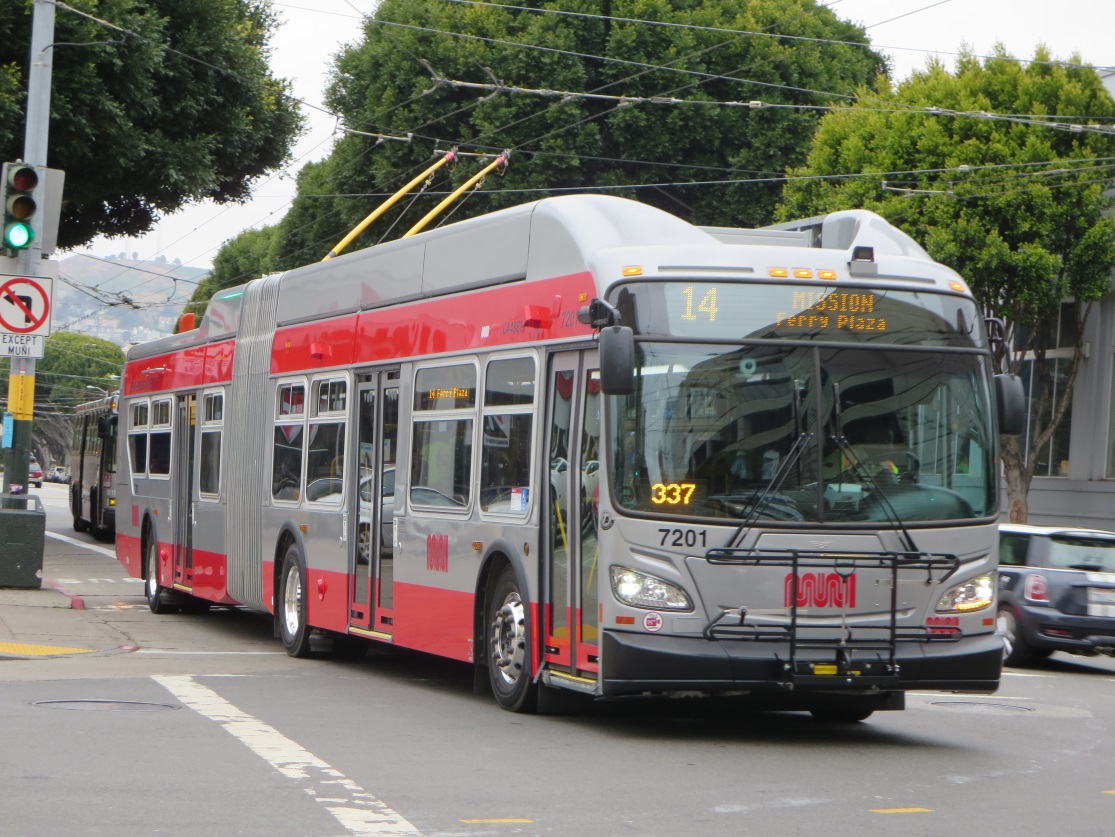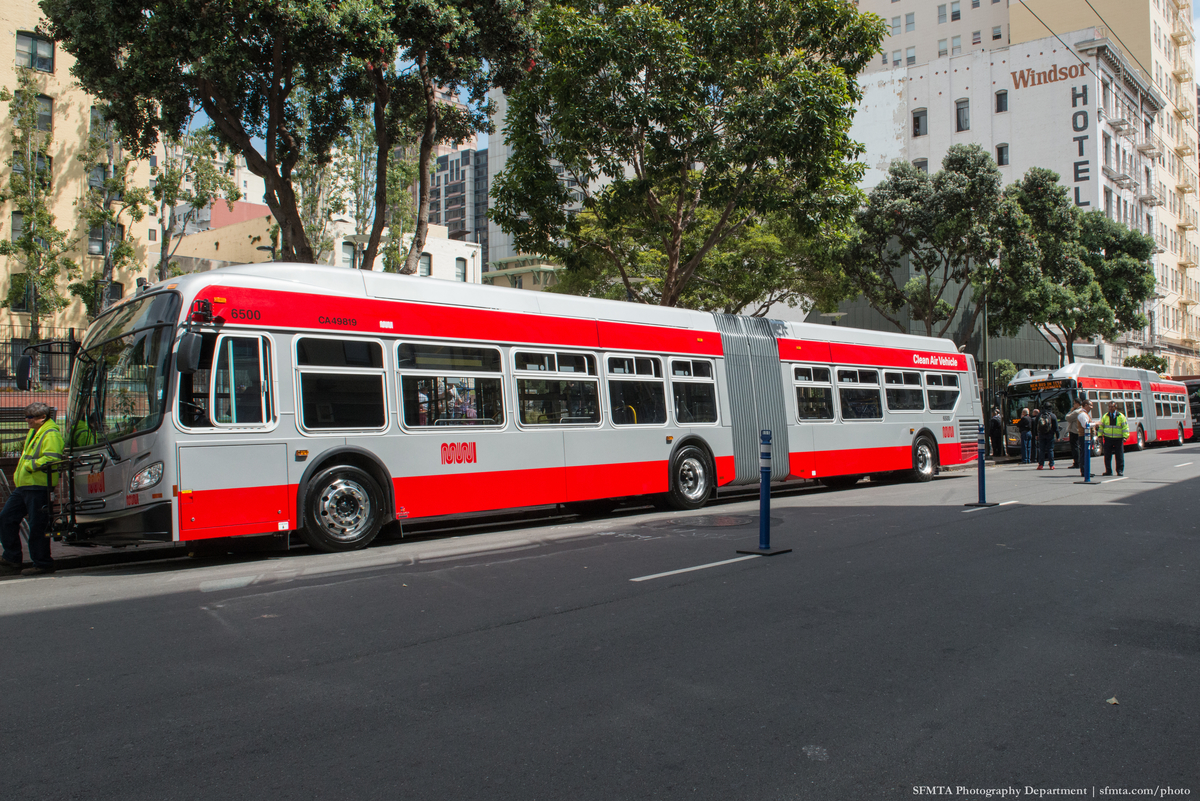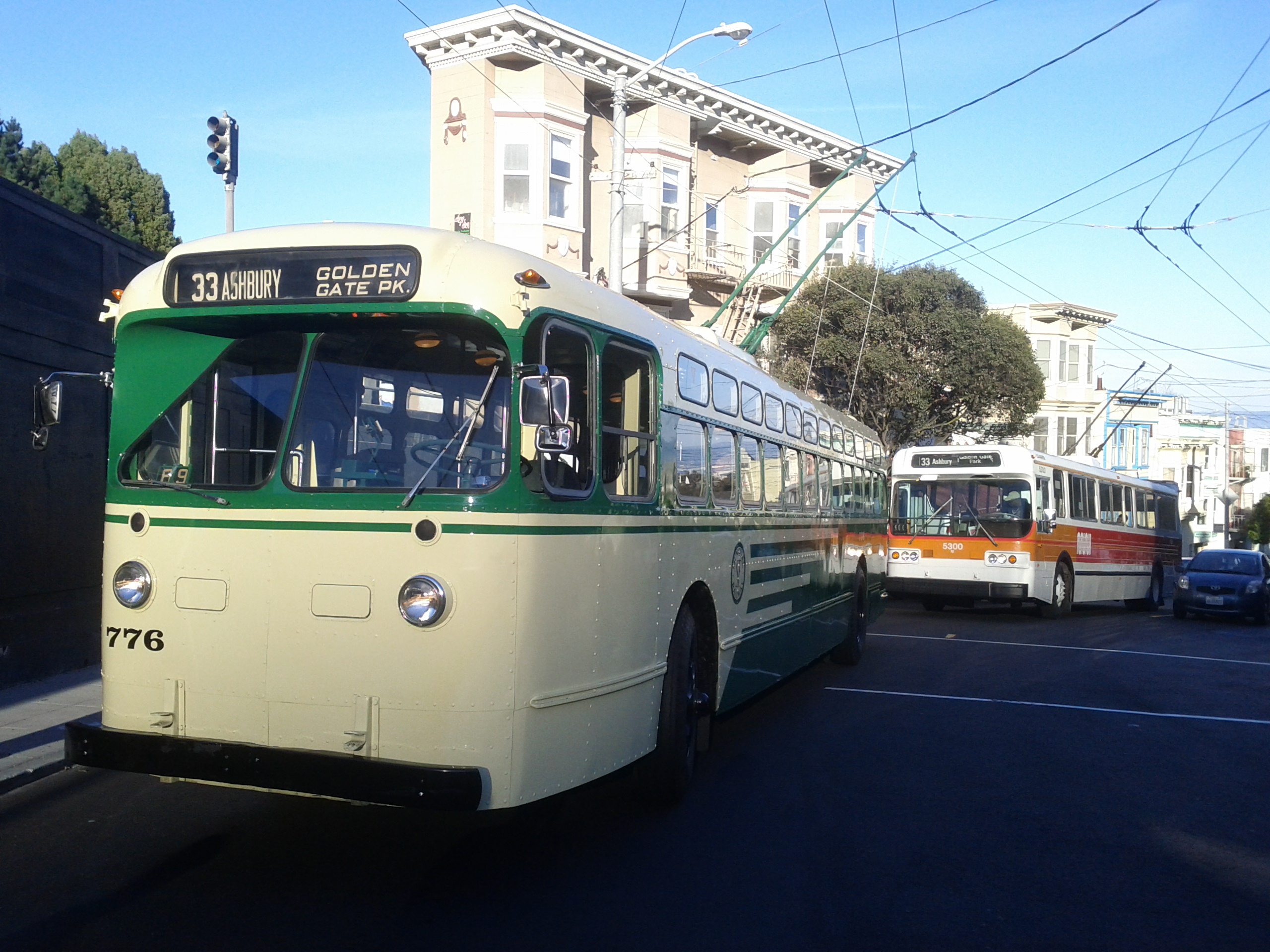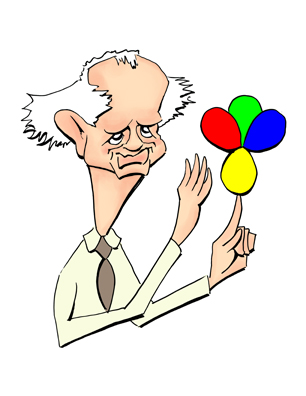Previous - 122. Venice
TV
Here's one that suggests the most pathetic Venn diagram of all time. I'm currently re-watching Wonderfalls and season one of Eureka and I would be watching season one of Warehouse 13 except no one has managed to get it on YouTube (or I haven't found it). (Incidentally, this may mean that Alison is considered to be hotter than Myka -- a judgement I wouldn't dispute.)There is only one overlap of these three 'verses -- and for Warehouse 13 it doesn't happen until a later season -- but somewhere in the potential (though not actual) audience for my blog there are a few people who would know what actor these three shows share.
What's more interesting is why I'm re-watching these programs (including the one I can't access). Surprisingly, the obvious appeal of Jaye, Alison, and Myka is not the answer. (Though I can't say for sure that I would have watched these shows without them.) It seems to be some sort of comfort food thing.
Vertigo
We've moved on to another chapter and another narrator -- this time in Austria (the Tyrol). All the narrators are similarly uncomfortable and yet avid travelers. One wonders why they go to the trouble. They are also all writers/journalists.There's a pleasantly dreamlike quality to this confused progression from point of view to point of view with no particular purpose in view. Rather like peeking in on someone else's dreams. For the most part, the settings overlap in featuring the Italian Po valley and then north through the Alps to Vienna. The first one might have wandered further than this, but I don't think any of the subsequent ones have.
Well, it seems that I'm even slower on the uptake then I realized. Just now, walking home, I was pondering what it was about these narrations that appealed to me when it suddenly struck me that it was that the narrators (except for Stendhal) are all solitary travelers using public transit and often writing in public places. Aside from the neurotic problems sleeping or leaving their lodgings or leaving a particular neighborhood, these accounts could be mine.
And why would you travel if you are constantly beset by these problems? Are they trying to escape problems that are even worse at home? Or is taking their neuroses on the road a welcome diversion from their normal lives?
In any case, I've always thought accounts from this point of view would be too dull to find an audience, but apparently that isn't quite true. Since Stendhal, there has been no sex that I can recall and scarcely any plot. And the Stendhal chapter (not unlike Doctor Faustus) had just enough sex to give the narrator syphilis. At one point there seemed to be people following a narrator at the same time a rash of murders were taking place, but it was never clear if this was reality or in the narrator's imagination.
Same Tyrolian chapter and there has just been a reference to a family ancestor who died at Marengo. So there's that.
In a sort of branching out of a story in which almost nothing happens, we're now getting the family history of some childhood neighbors of the narrator. Here's the bit I really like (no idea why):
p215 ...Whether it was Babett and Bina who had the idea of opening the cafe, or whether Baptist thought that it would support his unmarried sisters, was a part of the story that nobody could recall anymore. At all events, there had been a Cafe Alpenrose, and it had continued until the deaths of Babett and Bina, although nobody had ever set foot in it...
Every week they bake a new cake and place it under glass for customers who never arrive. Every two weeks, they split the stale cake between them. In the same large house there is also a doctor's "surgery" that is almost as unattended since almost everyone in the community depends on the elderly local doctor and not the stranger doctor from Moravia.
This place makes Martha Grimes's Hotel Paradise seem thriving by comparison. Perhaps the cafe is even more like the little shops run by Emma's spinster friends with the hair chewing cat?
Why does this appeal to me when I get so bored when I'm not busy at work? Spending my days in a cafe without customers would drive me insane. Yet the idea is quite charming.
OMG! There was a sex act and a suspicious death. I need a moment...
The book wraps up... well, it ends rather abruptly after the narrator decides to leave his hometown and sets off across Europe and then England by train. The last we know of him he has nodded off while reading Samuel Pepy's diary and is dreaming Pepy's account of the Great Fire of London.
Off hand, I can't think of a stranger novel I've actually read. (And no, we never learn any more about the suspicious death.) I can't think who I would recommend this to or how I would go about recommending it. None the less, I probably will re-read it. And W.G. Sebald has certainly given me something new to think about when it comes to fiction.
